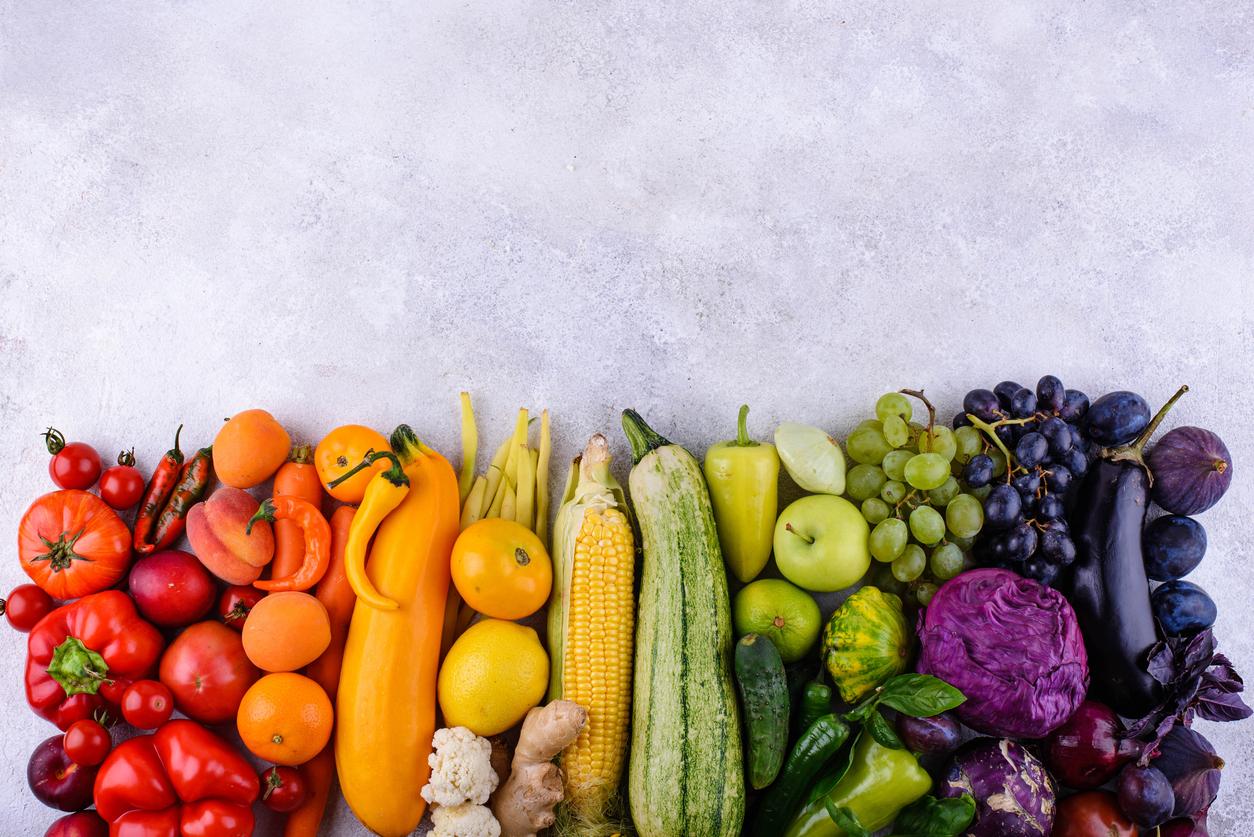Hazardous chemicals could accumulate in packaging, utensils and plates made from recycled materials and migrate into food.

- Endocrine disruptors and carcinogens could be released during plastic reuse and accumulate during recycling.
- 853 migrating chemicals that come into contact with food have been found in polyethylene terephthalate (PET) plastic bottles.
- 57.6% of these health-hazardous compounds were detected only once.
“In the fight against plastic pollution, many efforts are being made to reduce, reuse and recycle plastics. If done well, these efforts can help reduce plastic waste and the spread of plastic in the environment,” said researchers from the University of Cambridge (England). As negotiations around a plastic pollution treaty take place in Paris, British scientists reveal that dangerous chemical compounds may be present in recycled and reusable plastic products in direct contact with food.
Endocrine disruptors and carcinogens in recycled plastic
In a study, published in Cambridge University Pressthe team warned that dangerous chemicals, such as styrene, benzene, bisphenol, heavy metals, formaldehyde and phthalates, could be released during plastic reuse and accumulate during recycling. “Thus, the reuse and recycling of plastics become vectors for the release of chemicals of concern. This is particularly concerning when plastics are reused for food packaging or when food packaging is made from recycled plastics. “
Polyethylene terephthalate: 853 chemicals used in plastic bottles
To reach this conclusion, the authors reviewed more than 700 scientific publications on plastic materials that come into contact with food. According to the analyzed data, 509 chemical substances in contact with food in plastic materials intended for reuse were identified. 853 migrating food-contact chemicals were found in polyethylene terephthalate (PET) plastic bottles, 57.6% of which were detected only once, according to the work.
“It is therefore extremely important to ensure that hazardous chemicals are avoided in plastic food contact materials and to ensure that plastic packaging that is reused or made from recycled material is safe for health and the environment. “the researchers reported.
















